
Crossroads: The Significance and Prospects of Nigeria’s 2023 Presidential Election
Africa’s most populous country, Nigeria, on 25 February 2023, will hold its Presidential and National Assembly Elections; the 7th in the Fourth Republic (1999-2023).

Africa’s most populous country, Nigeria, on 25 February 2023, will hold its Presidential and National Assembly Elections; the 7th in the Fourth Republic (1999-2023).
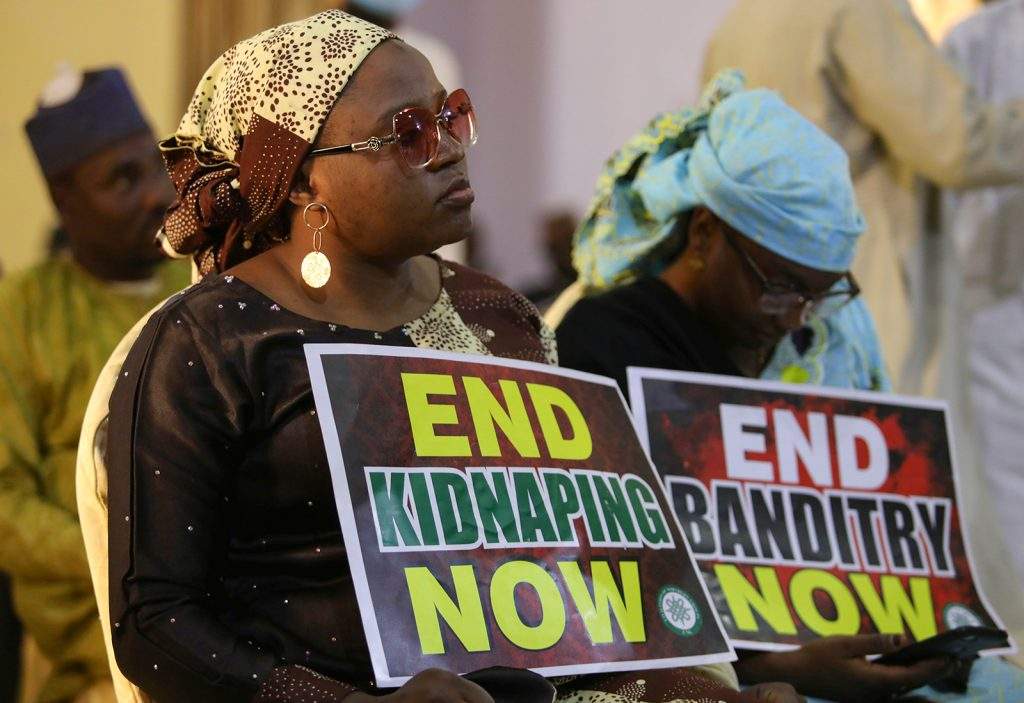
The ongoing crises of mass abductions of children in Nigeria challenges a reevaluation of responses by the government.
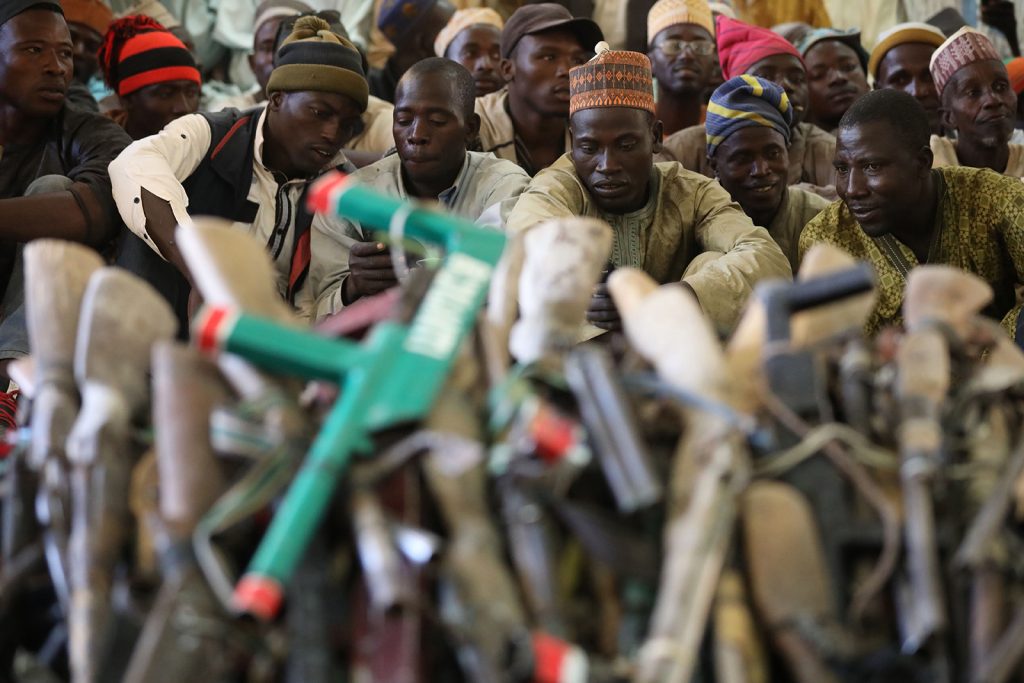
The youth of Nigeria must be empowered to counter violent extremism and sustain peace and development.
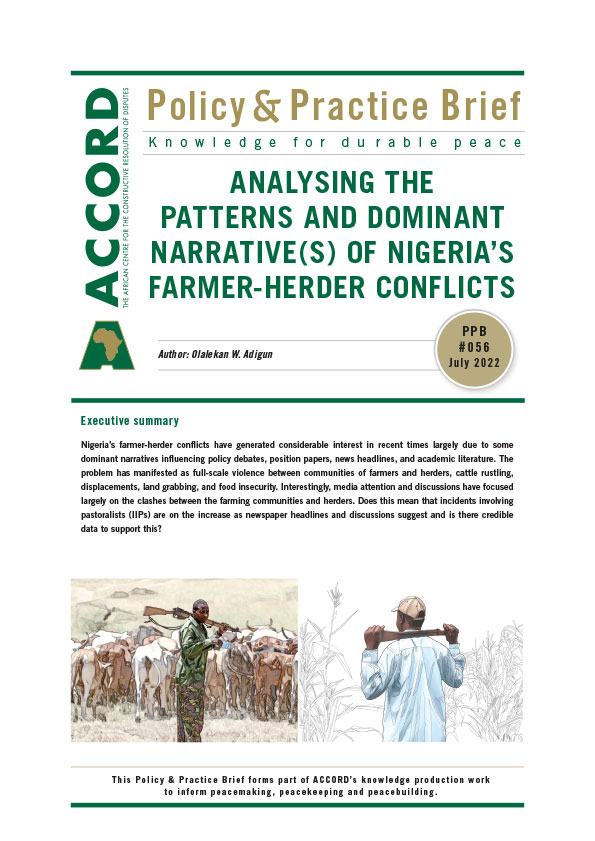
This Policy & Practice Brief forms part of ACCORD’s knowledge production work to inform peacemaking, peacekeeping and peacebuilding

Situational Action Theory explains banditry in Nigeria, while Situational Crime Prevention offers practical solutions for the banditry problem.
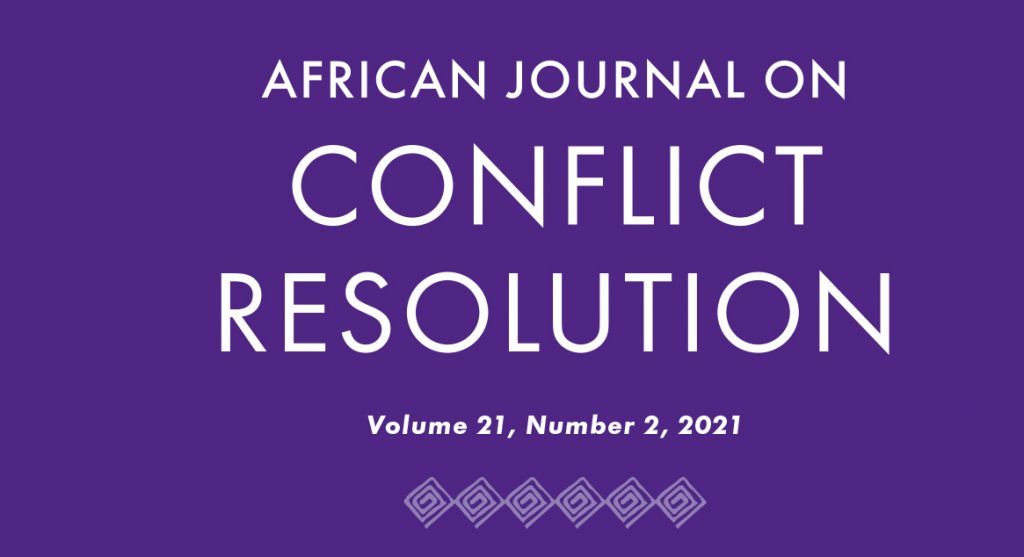
The article shows that communal conflicts in Nasarawa State in North Central Nigeria have been both dynamic and opportunistic, often feeding into the existing structural fault lines.
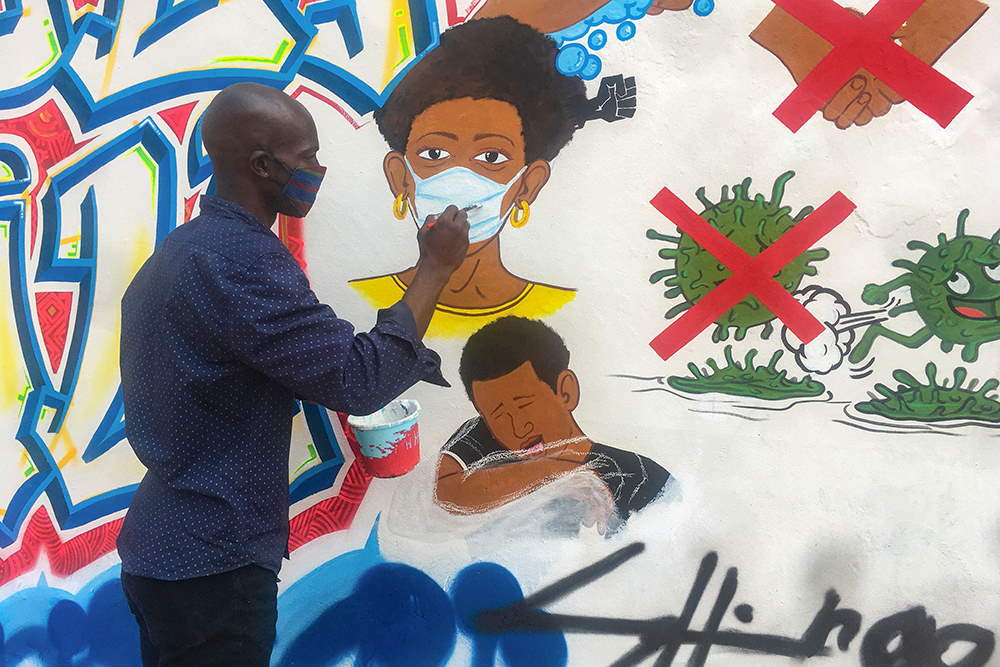
The COVID-19 pandemic has seen the restriction of terrorist activities, with casualties now mostly from the Nigerian Armed Forces rather than the civilian population.
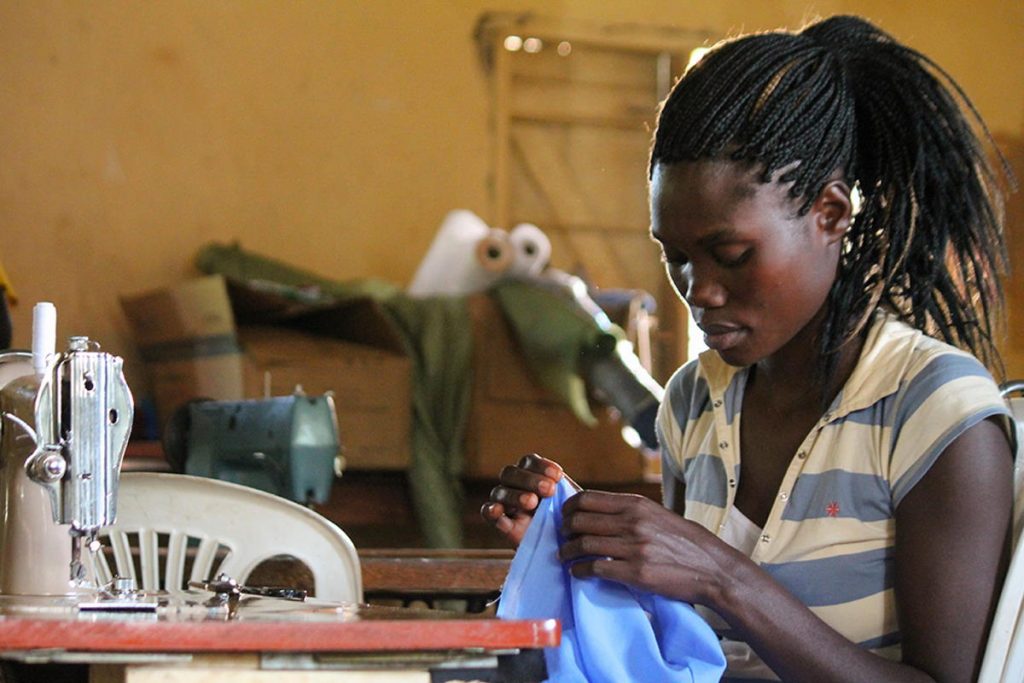
Discussing the potential and limitations of tailoring as a peacebuilding and skills-building initiative that seeks to provide women with livelihood and community engagement opportunities.

This IGD noted that leadership, or a lack thereof, is the central tenet of most of the issues raised today.

Arguing that continuing conflict between farmers and herdsmen can be explained by the non-application of restorative justice procedures by government.